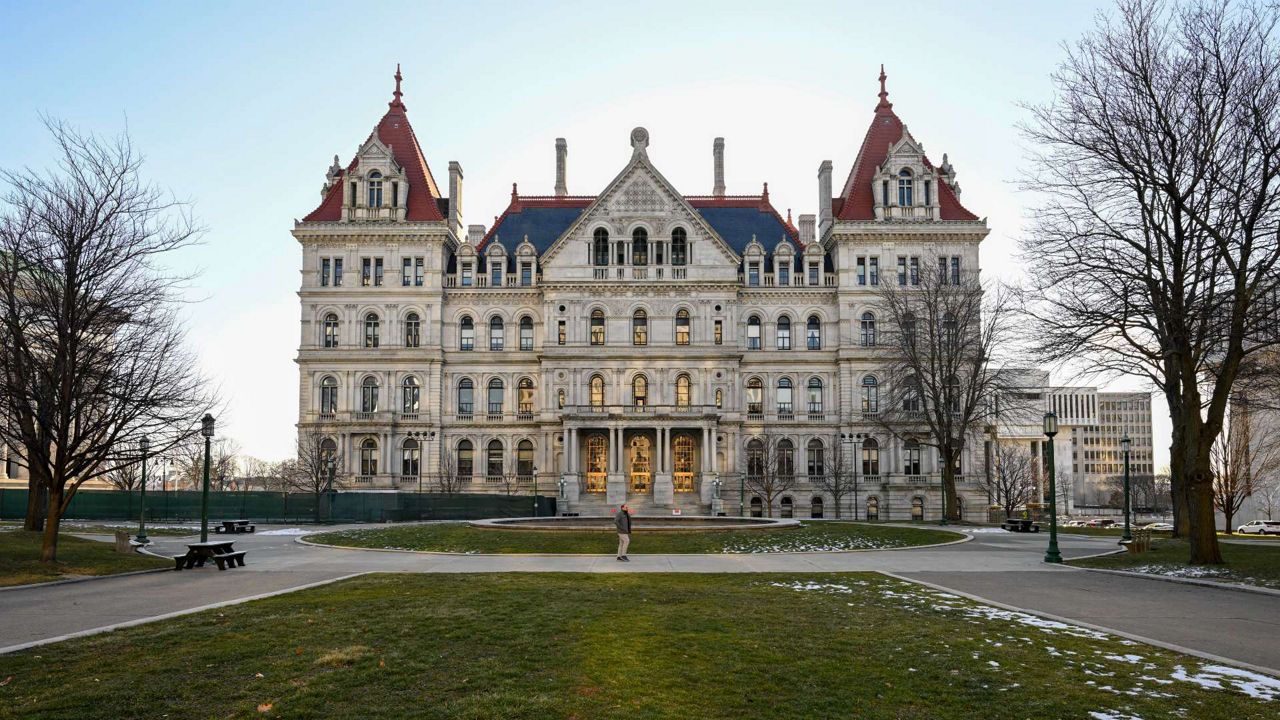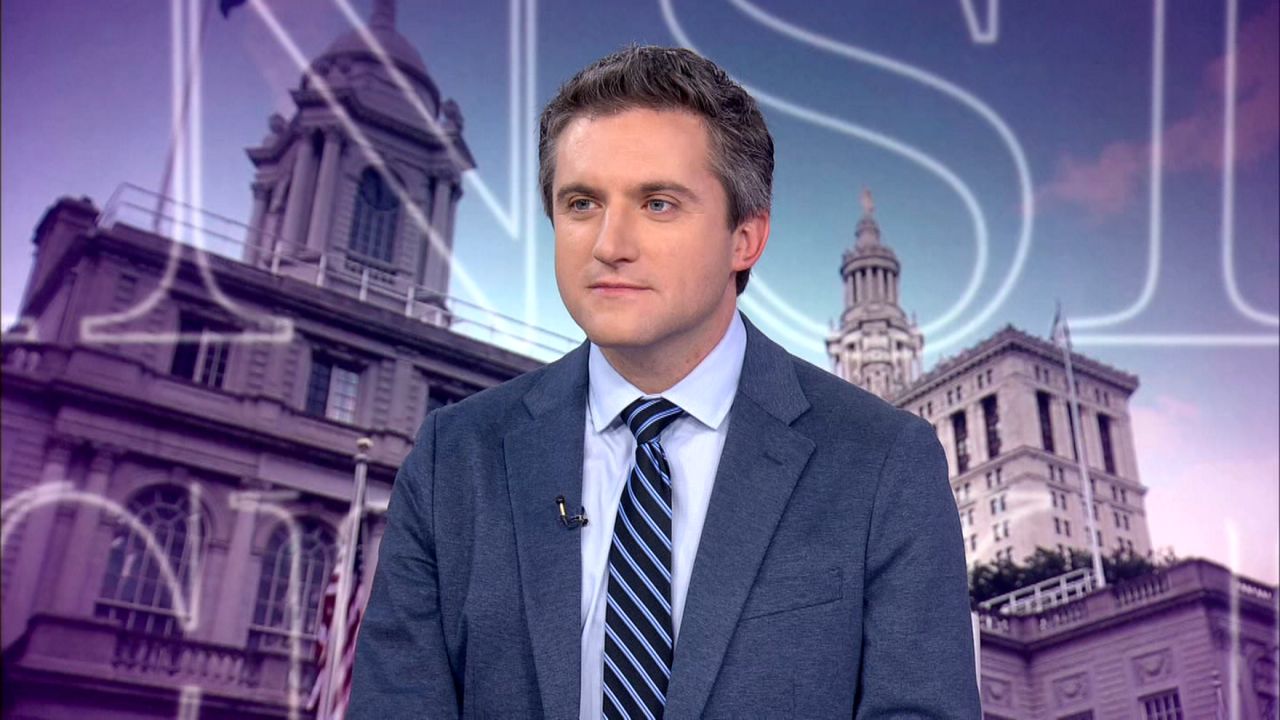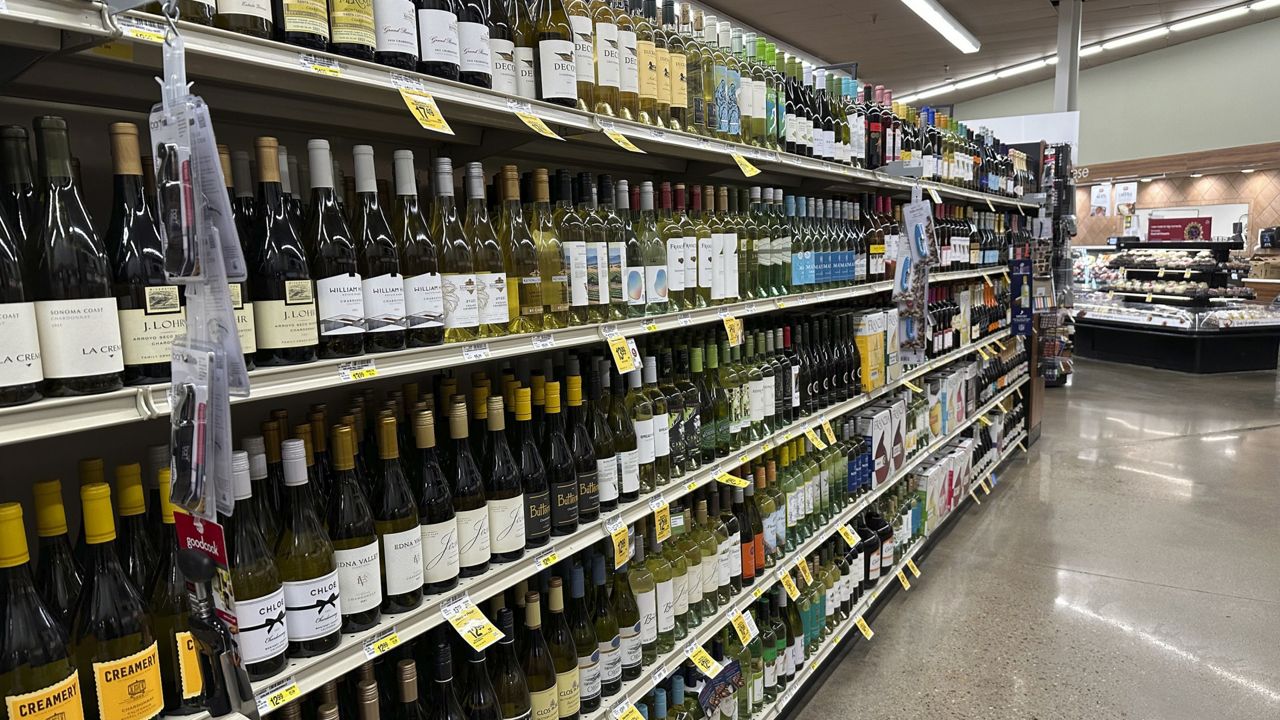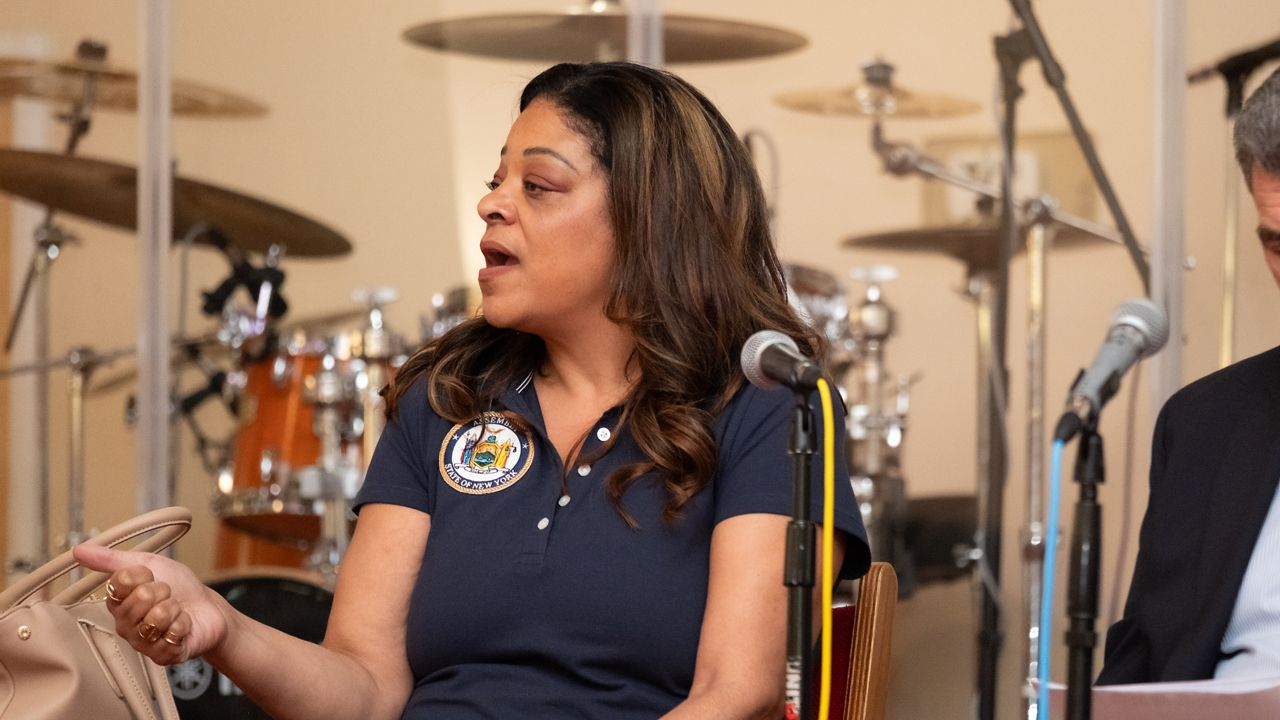Gov. Kathy Hochul has only led New York under expanded authority given to the executive amid the coronavirus pandemic since taking office one year ago. And she continues to extend it each month as new cases remain relatively low and the U.S. Centers Disease Control & Prevention relaxed COVID-19 guidelines this week.
Hochul on Aug. 13 declared a disaster emergency in the state related to COVID-19 — a state of emergency that has remained in effect since March 3, 2020.
The governor renewing the executive order means her expanded spending and public health authority remains in effect along with it.
“It allows her to make those purchases without any oversight or the normal oversight that you would have,” said Senate Minority Leader Rob Ortt.
The current emergency will persist through Sept. 12.
Ortt, a Republican from North Tonawanda, sent the governor a letter this week urging her to end the ongoing emergency and update the state’s COVID guidelines to be in step with the CDC’s recommendations. The CDC’s latest coronavirus guidance is significantly scaled back, with few to no masking, testing, quarantine or vaccine mandates in place.
“There really is only one person, the governor and her Department of Health, that are going to make these decisions and there's no input or oversight from the Legislature that's needed, and that's obviously not how we should be governing our state,” Ortt said Friday.
Expanded powers for the governor helped at the beginning of the pandemic when health experts knew relatively little about COVID-19 — allowing for rapid response as needed, including the power for the state Health Department to mandate sweeping statewide public health guidelines or institute mass quarantines if necessary.
New York has a COVID positivity rate of about 5.8% over a week's average. More than 200 New Yorkers with the virus have been hospitalized in intensive care throughout the spring and summer, down from thousands of people last winter.
More than half of New York's 62 counties have a low risk of COVID-19 in their community, according to the CDC. Downstate and more population-dense counties have a medium or high risk.
The disparity has given rise for questions about the governor’s continuing expanded authority and if it’s an abuse of power.
“During this ongoing pandemic and amid emerging variants, the emergency order provides the state with flexibility to protect vulnerable New Yorkers, procure test kits to comply with updated CDC guidance and swiftly respond to urgent needs,” a spokesman with Hochul’s office said in a statement Friday. “These are actions local governments cannot take on their own and which rest only with the state government.”
The need for COVID tests, testing sites, vaccines and others persists, according to the governor’s office.
The Health Department continues to review the CDC’s updated guidelines and will soon issue back-to-school guidance, according to the governor’s office. Representatives would not provide specifics about when the guidance will be released or when the governor will stop extending the state of emergency.
“Gov. Hochul will extend her COVID-related emergency powers for as long as COVID-19 continues to pose a public health threat,” the governor’s spokesman said. “The emergency order must be extended by every 30 days, so the governor continues to review the data and the needs of the state to see if each extension is necessary.”
Hochul has recently come under fire for the state awarding multi-million or -billion-dollar contracts to companies and organizations tied to significant donations to her campaign without a competitive bidding process.
The state comptroller‘s office reviews and approve certain contracts, usually those that exceed $50,000, when the emergency spending powers are not in effect. The comptroller may also review state public authority contracts that are $1 million or more if awarded non-competitively or paid in whole, or in part, from state-appropriated funds, according to the comptroller’s office.
Critics of the expanded powers are concerned that practice and the ongoing lack of governmental checks and balances will become the norm if the expanded authority continues.
“I think it really is important that we get back to sort of three branches of governing and that Governor Hochul understands that she owes us and the public, by proxy or by extension, an explanation as to what's going into these decisions and when we can expect the emergency to end,” Ortt said.
The Senate Republican conference proposed an amendment on the Senate floor to end the COVID emergency and Hochul's expanded authority in February.










